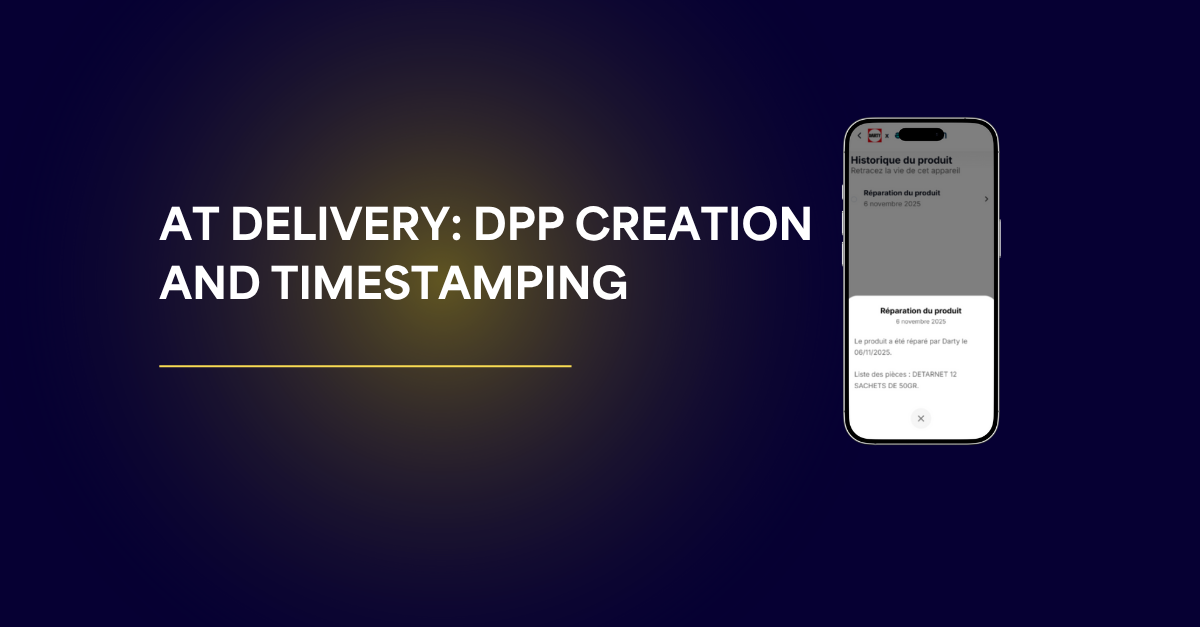What does it take to scale a Digital Product Passport (DPP) across an entire second-hand product catalog? In May 2025, the project reached a major milestone: over 30,000 refurbished products are now compatible with DPPs.
This expansion isn’t just about volume — it’s about unlocking operational efficiency while improving product data quality at scale.
The Challenge: Moving from Pilot to Full Coverage
Until recently, DPP creation was limited to a small number of models — mostly pilot units or high-volume categories. But on the ground, operators faced a bottleneck: many second-hand products couldn’t be tagged with a DPP simply because their models weren’t registered in the system.
To address this, the project has relied from day one on a flexible solution: smart DPP templates. These templates make it possible to structure and scale product information dynamically, adapting to each partner’s specific data and regulatory needs.
The Solution: Smart Templates for Diverse Products
Instead of building a DPP structure from scratch for every individual product, the new system uses templates — designed to cover entire product families or technical equivalents.
This change enables:
- 📦 Coverage of over 30,000 refurbished product references
- ⚡ Faster onboarding of new items without rework
- 🔁 Consistent and scalable data entry across categories
Operators can now create DPPs without friction, even when handling complex or irregular second-hand inventory.
.png)
Why This Breakthrough Matters
This milestone resolves one of the biggest practical barriers to DPP adoption: scale. It also proves that DPPs are not just a luxury for new products — they can be embedded into real-world reconditioning workflows.
Benefits include:
- Reduced manual input and error risks
- Better support for compliance and resale
- Stronger trust in second-hand goods
- Clear operational pathways for industry-wide adoption
What Comes Next?
The project is accelerating, with several next steps already underway:
- New iterations with both factory and refurbishment operators
- Deployment of DPPs on new (not just refurbished) products
- Stress-testing label durability and in-store UX
- Logging additional lifecycle events (like repairs, ownership transfer…)
As coverage grows, the shared data infrastructure behind these passports gains even more value — for brands, regulators, and consumers alike.
This article is part of a broader initiative launched by Ecosystem, Fnac Darty and Arianee to implement Digital Product Passports (DPPs) across the entire appliance lifecycle — from factory floor to second-hand shelves. Learn more in our latest project update by subscribing to our newsletter here.

.png)
.png)

.png)